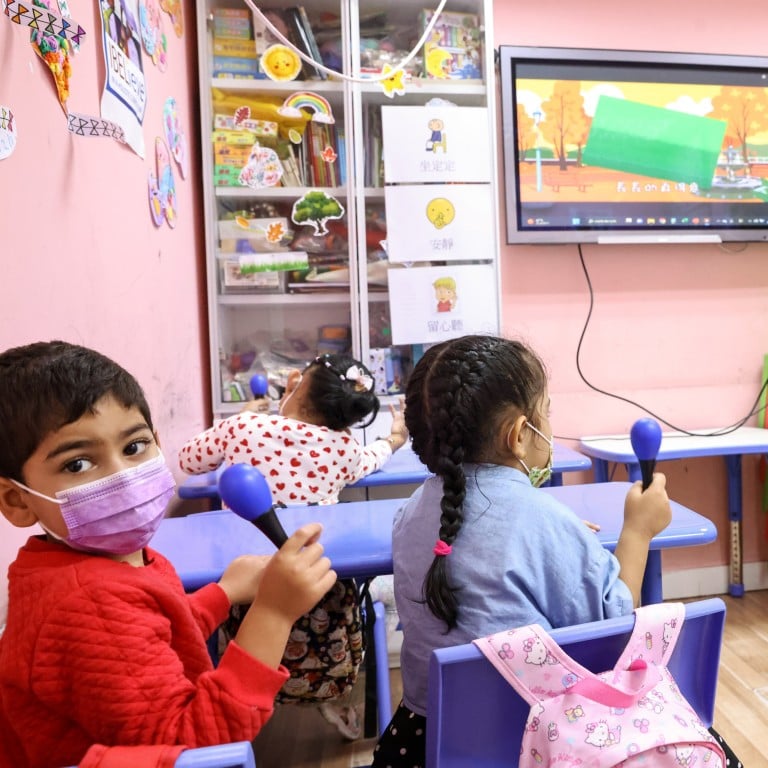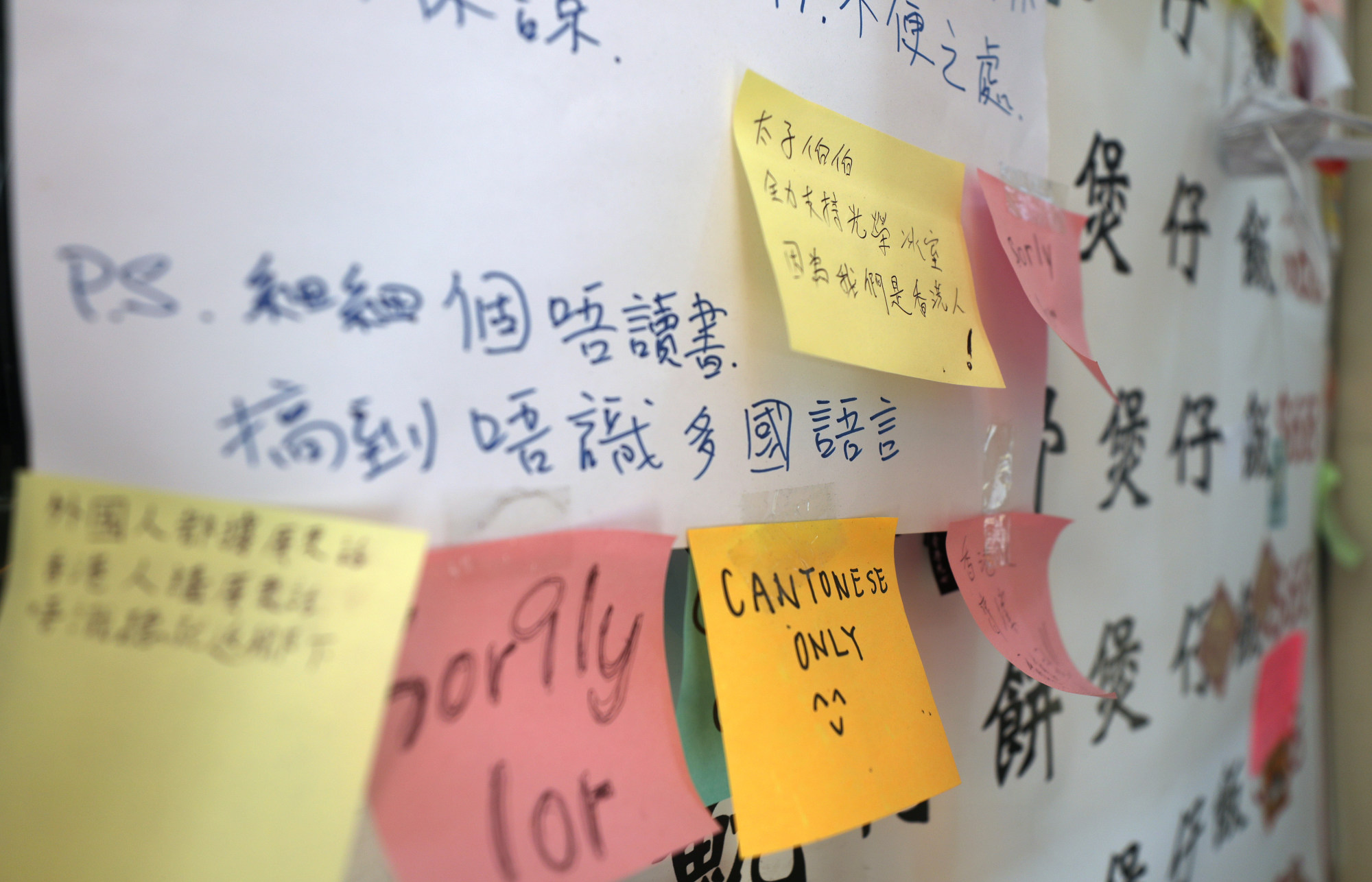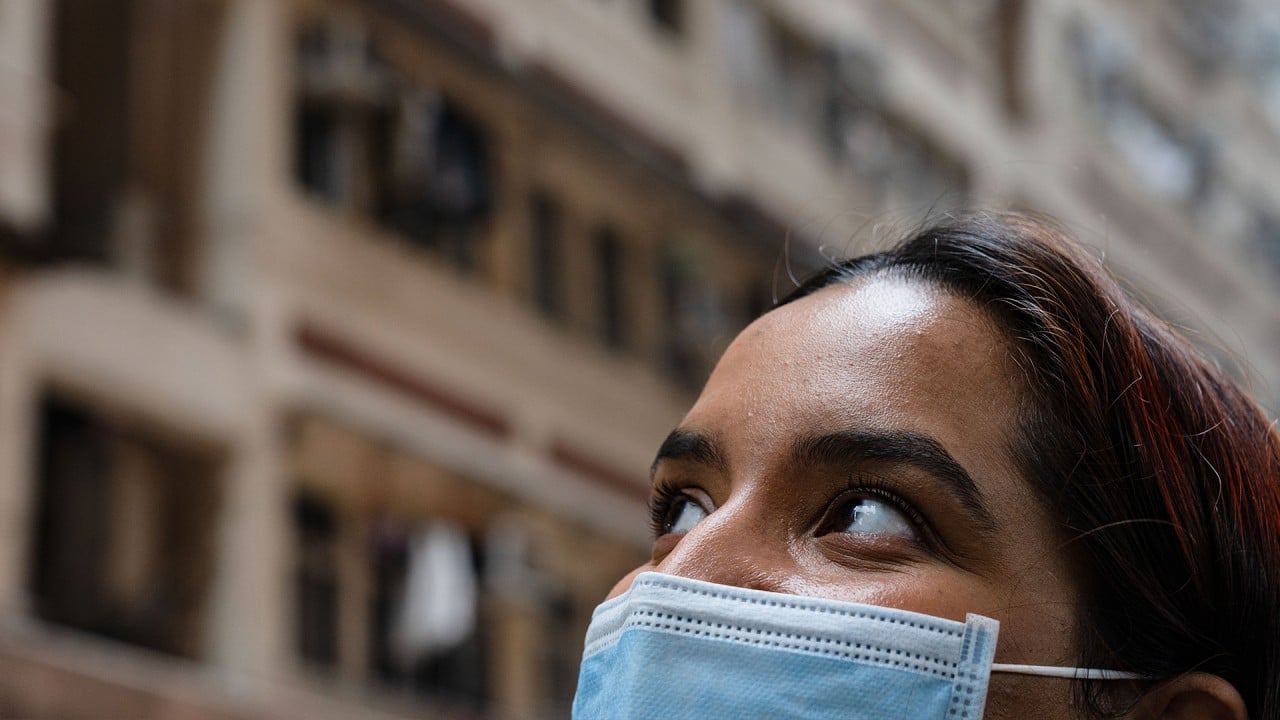
Why are Hong Kong’s young still bearing the brunt of prejudice and discrimination?
- Whether aimed at ethnic minority pupils, the children of mainland Chinese parents or local autistic children, discrimination is alive and well
- More laws are not enough, we should take a hard look at ourselves and cherish differences, not revile them
“Discrimination is not done by villains, it’s done by us,” said Vivienne Ming, the neuroscientist. Although condemned, discrimination remains prevalent, and while adults can sometimes cope, children often cannot and face lasting damage. In a city acclaimed for its quality of life, this situation is intolerable.
On September 8, the UN Development Programme issued its latest Human Development Index, which surveyed 191 places in terms of human development, being knowledgeable and having a decent standard of living, with Hong Kong ranked fourth. Although impressive, this rating belies the discrimination in key areas.
Equality of treatment is enshrined in the Basic Law and although laws exist to combat discrimination because of disability, gender, family status or race, some people fall between the gaps. Legislation notwithstanding, the prejudices that beget discrimination are hard to erase.
It interviewed 531 mainland immigrants (336 adults and 195 children), and 44.7 per cent of adult immigrants claimed to be the butt of impoliteness, while 31.2 per cent said they received substandard service in restaurants and shops. One-third of respondents said they felt looked down upon, while 40.1 per cent of adult immigrants and 45.6 per cent of children said they tried to conceal their immigrant status.

On March 21, the International Day for the Elimination of Racial Discrimination, the Zubin Foundation, which seeks a better deal for ethnic minorities, hosted a forum entitled “Calling Out Racism: How Racism Affects Children and Schools”. The abuse faced by minority children in schools was highlighted, with racism said to exist in classrooms, school buses and playgrounds. This resulted in low self-esteem, fear, anger, mood swings and lack of motivation.
But in the midst of gloom, there is always hope.
Dhar has pointed out that, in terms of school admissions, the enrolment of non-Chinese-speaking children increased from 30,477 in 2016-17 to 33,036 in 2021-22, while the number of children who sat for their Diploma of Secondary Education (DSE) exams in public and Direct Subsidy Scheme schools increased from 1,186 in 2016-17 to 1,403 in 2020-21, which is clearly reassuring.
But when it came to sitting the DSE Chinese examinations, the corresponding figures were only 106 in 2016-17 and 111 in 2020-21.
Funding alone won’t help ethnic minority students master Chinese
Drawing on the Audit Commission’s report of March 2021, Dhar highlighted how, despite the Education Bureau’s best efforts, “the educators and empowered institutions have continued to underdeliver and underperform with respect to providing inclusive and equal language-learning opportunities for these children”, and this has “undermined the abilities of the young ones to integrate into Hong Kong’s social fabric seamlessly”, a message that has hopefully hit home.
Their autism, said 62.3 per cent of parents, usually attracted unfriendly comments and hostile stares. Prejudice like this towards autistic children is likely to extend to children afflicted in other ways.
As Christmas approaches, discrimination is alive and well, and young people are often bearing the brunt of it. It is not enough to throw yet more laws at the problem; the community as a whole should take a hard look at itself. Mindsets must change, with differences being cherished, not reviled.
If a more caring and cohesive society can be achieved, whether through compassionate leadership, focused teaching or intensive publicity, Hong Kong’s reputation as Asia’s world city will be all the more secure.
Grenville Cross SC is the patron of Against Child Abuse


